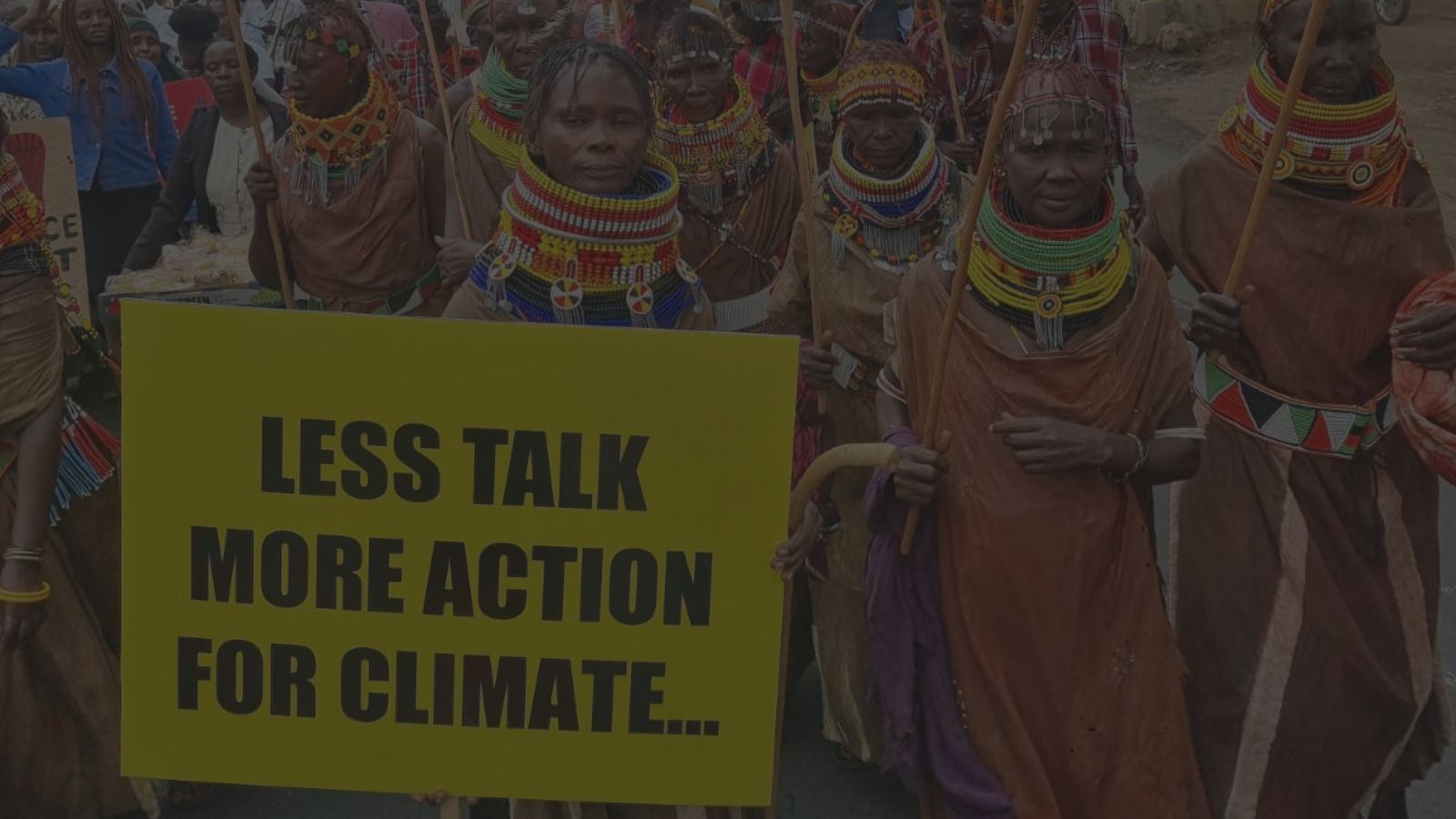Over 30,000 delegates and 25+ heads of state gathered in Nairobi, yesterday at the Africa Climate Summit. This is an opportunity for African countries to form a unified African position ahead of COP28.
Africa is affected most by climate change impacts, while only contributing under 4% of global emissions and only receives 12% of climate finance to tackle these impacts. Mohamed Adow, Director of energy and climate think-tank, Power Shift Africa says that the summit offers the best opportunity to explore areas of investment.
“The reality of climate change is that it was not Africa that caused the crisis, but it is Africa that will determine whether humanity can fix it. How Africa develops over the next two decades will determine the fate of the planet. We have an abundance of clean, renewable energy and it’s vital that we use this to power our future prosperity. But to unlock it, Africa needs funding from countries that have got rich off our suffering. They owe a climate debt. But climate change in Africa is more than just solar panels. Africa cannot afford to further delay the vital conversation about adaptation when our communities are already suffering the ravages of a climate crisis we did not cause.”
The summit is seen as an opportunity for leaders to establish a bold and ambitious African vision for a green economic transformation, one that would make the most of the continent’s plentiful human and natural resources and incorporate improved climate adaptation and mitigation results. Expectations remain high, that the Nairobi Declaration, set to be unveiled on the summit’s concluding day, will encompass a comprehensive resolution that would reflect the interests and goals of all stakeholders on the continent.
Experts estimate that by 2050, climate change will cost Africa $50b annually. African Civil society’s in a “people’s march”, launched the peoples declaration calling for a reset of the climate agenda to ensure that there is a “real green revolution that African communities benefit from”.





